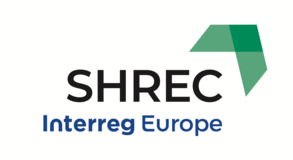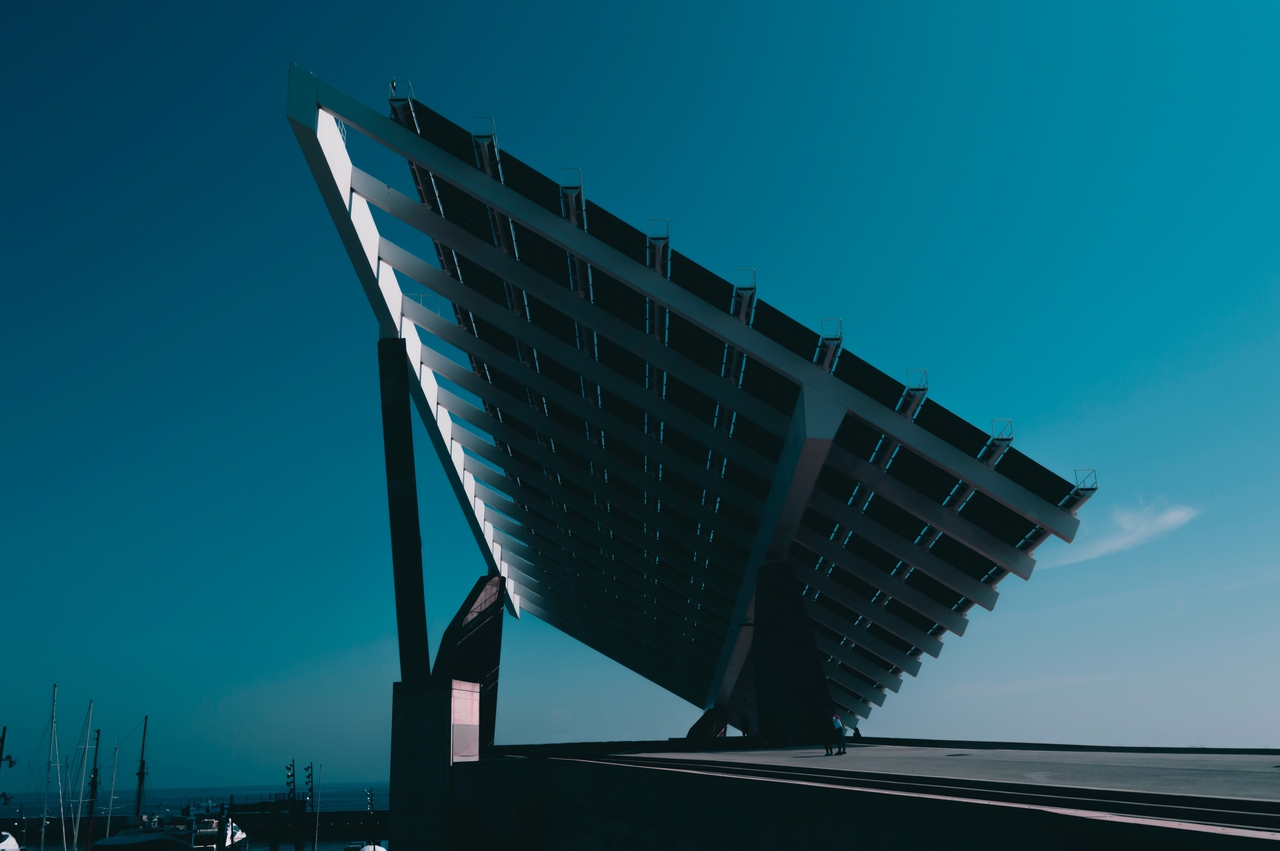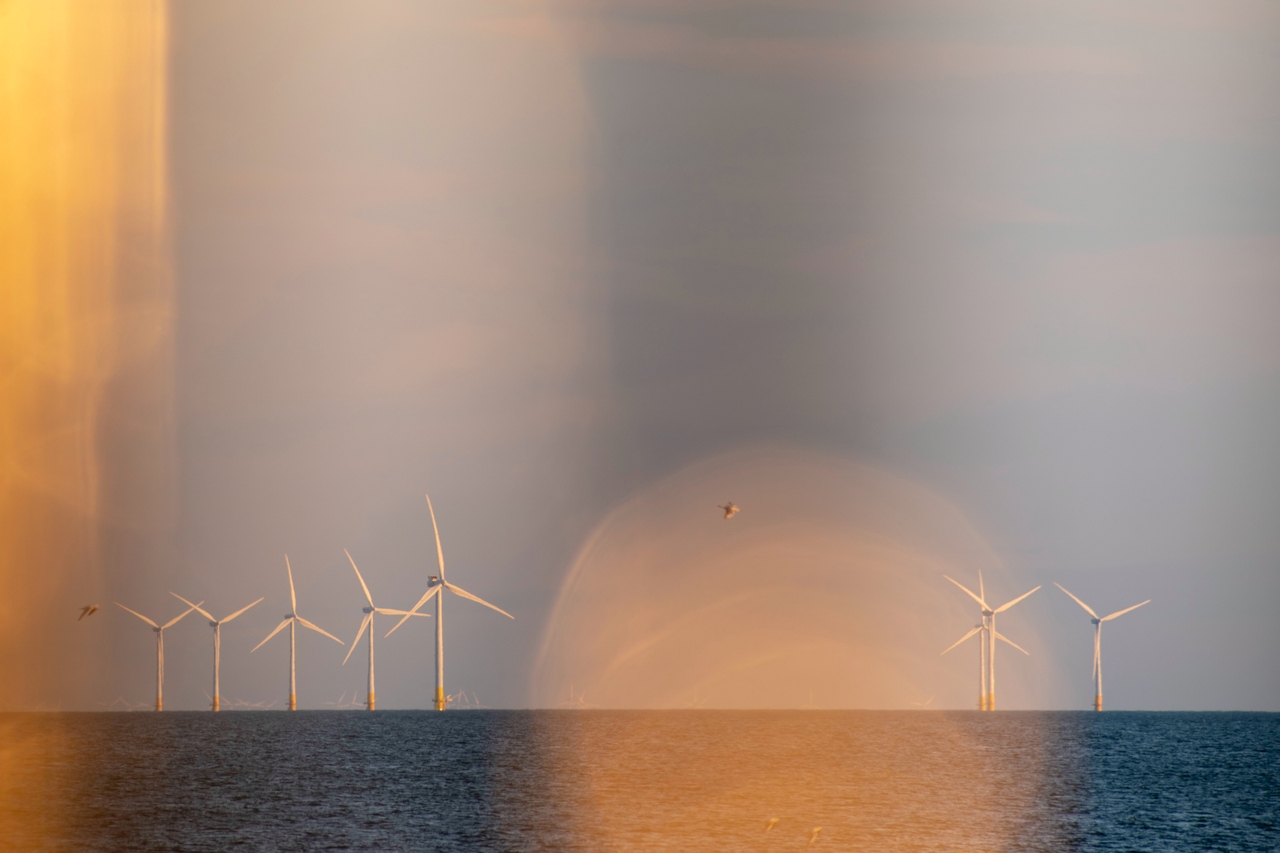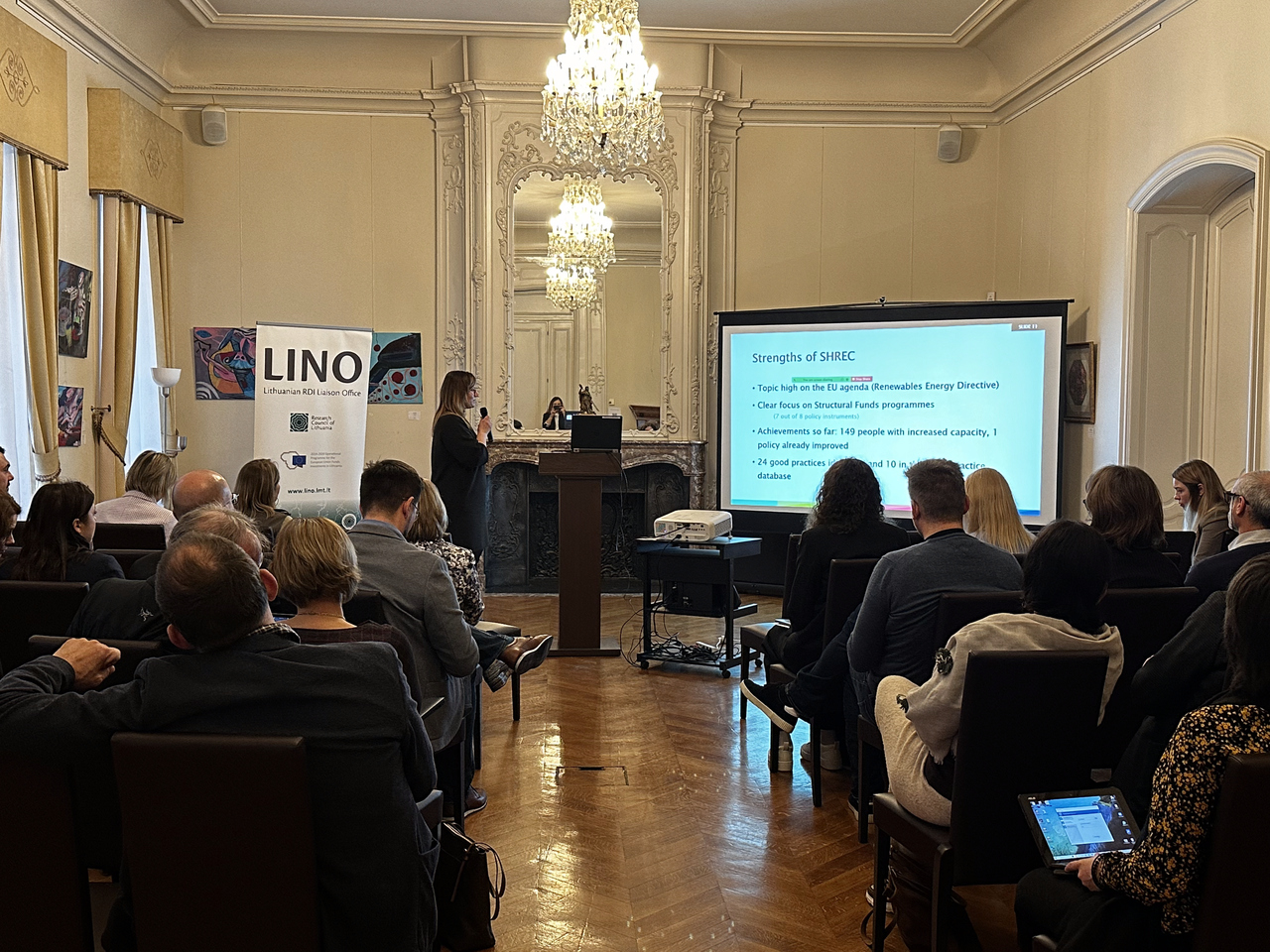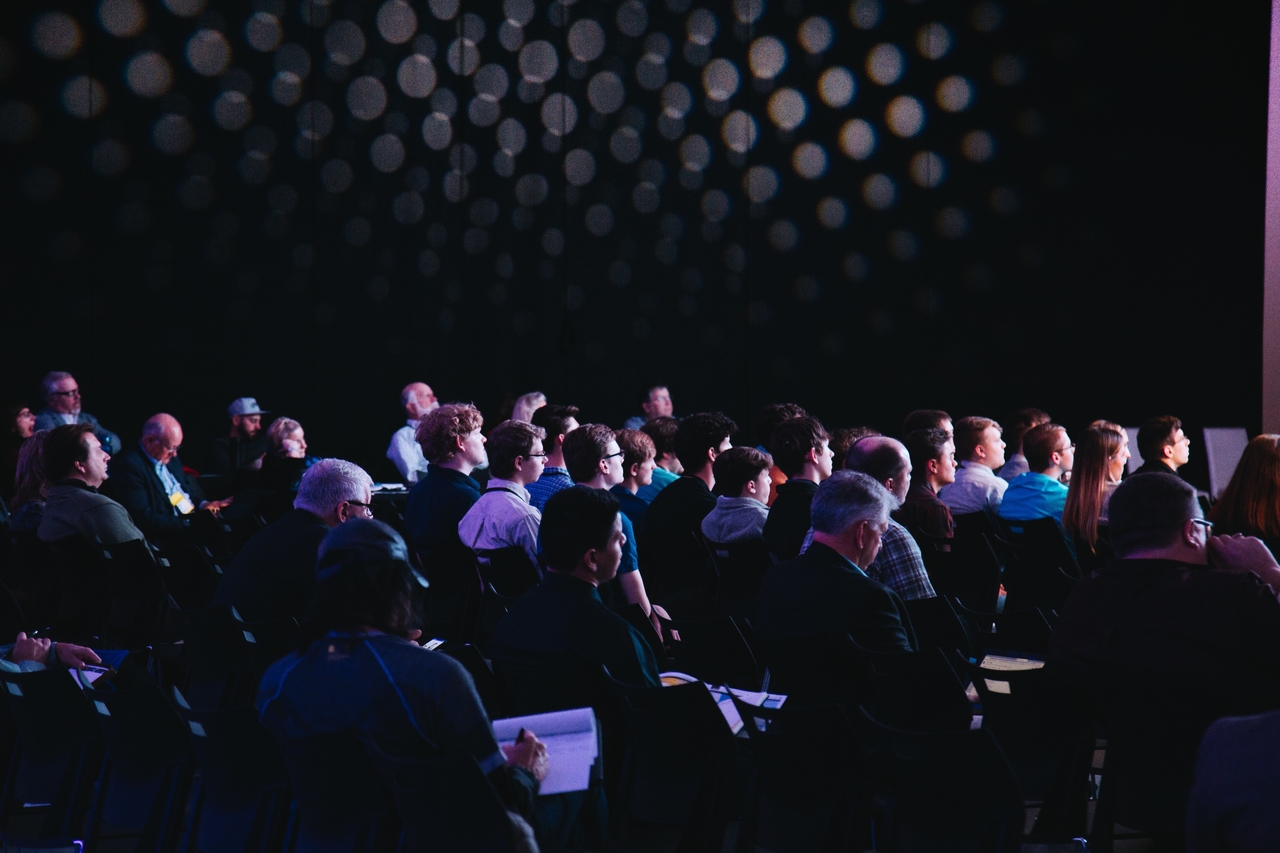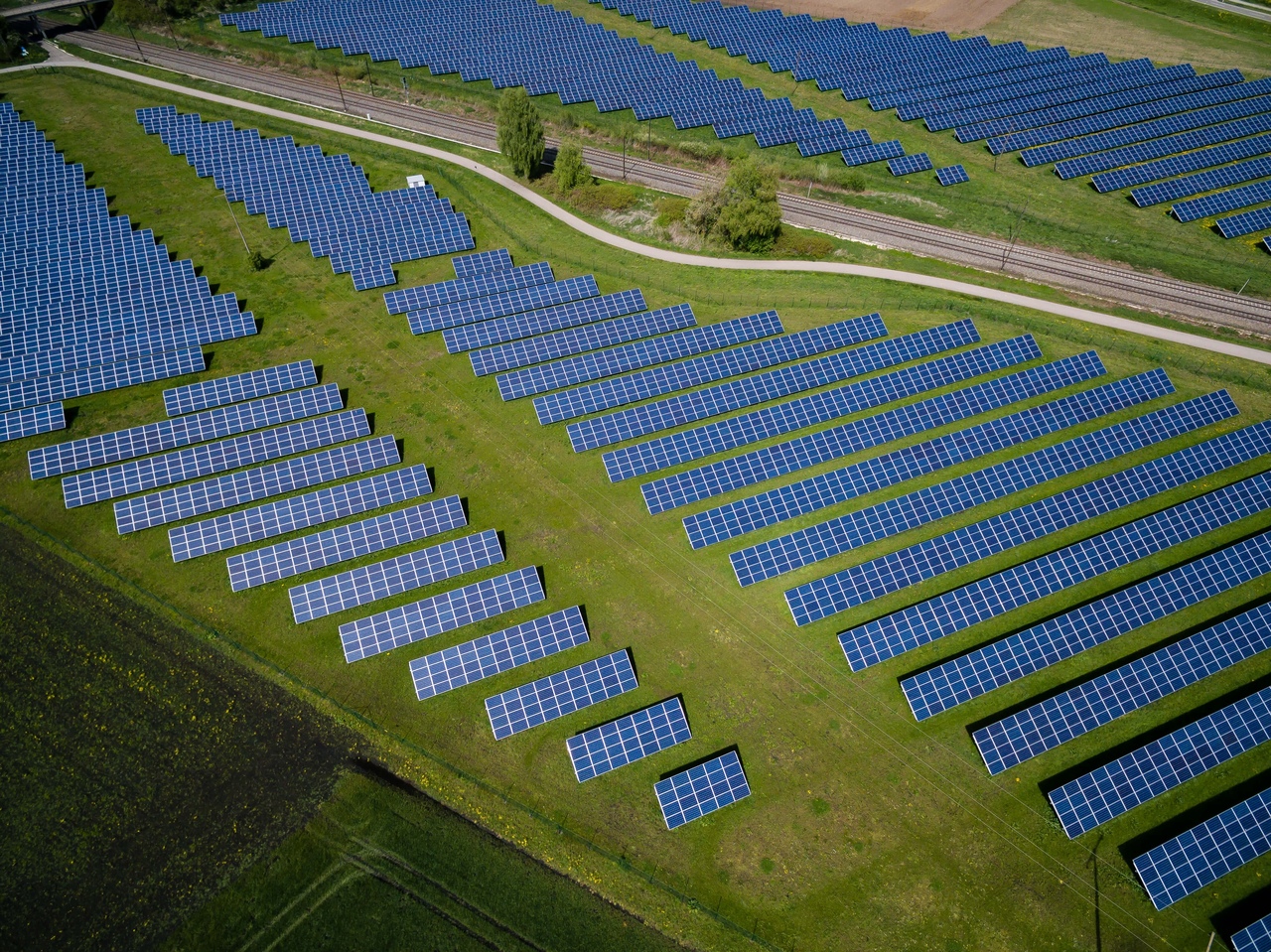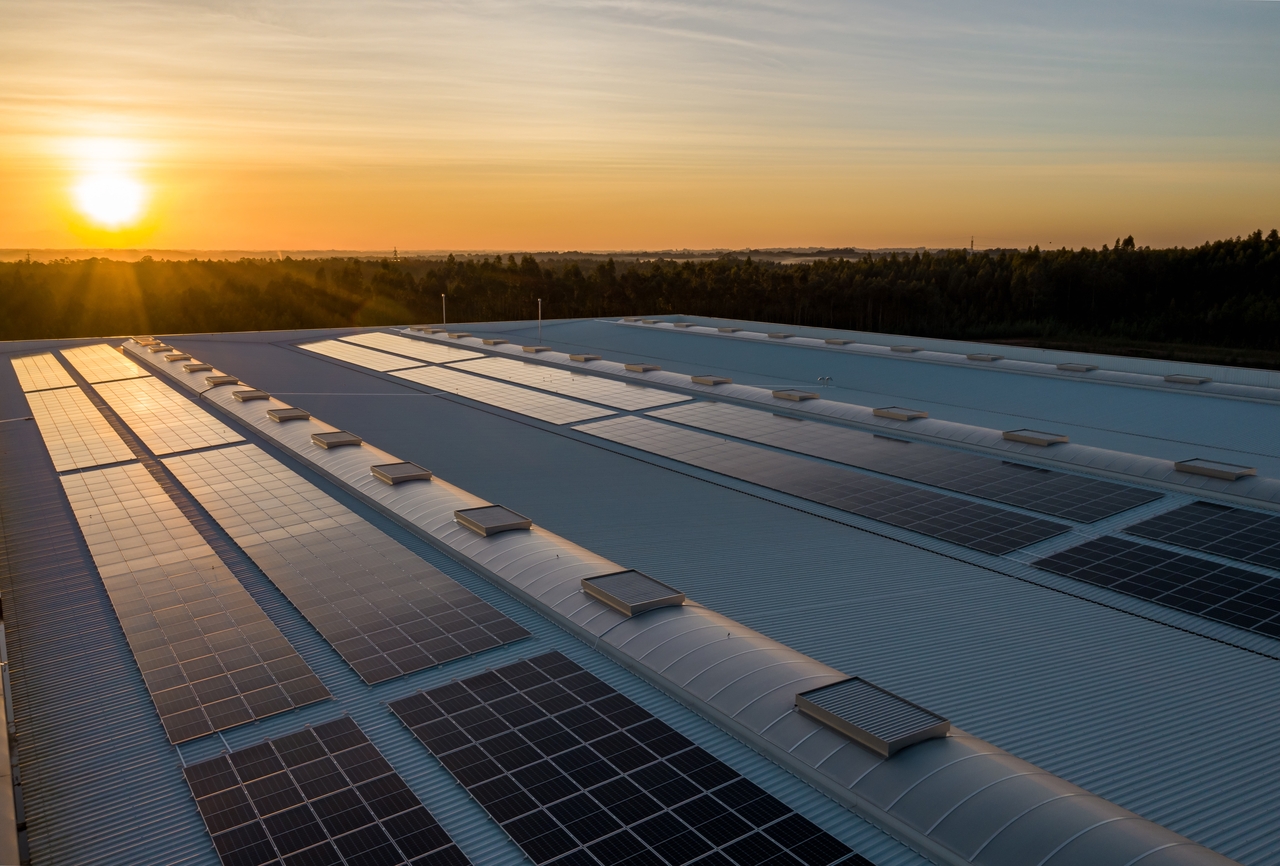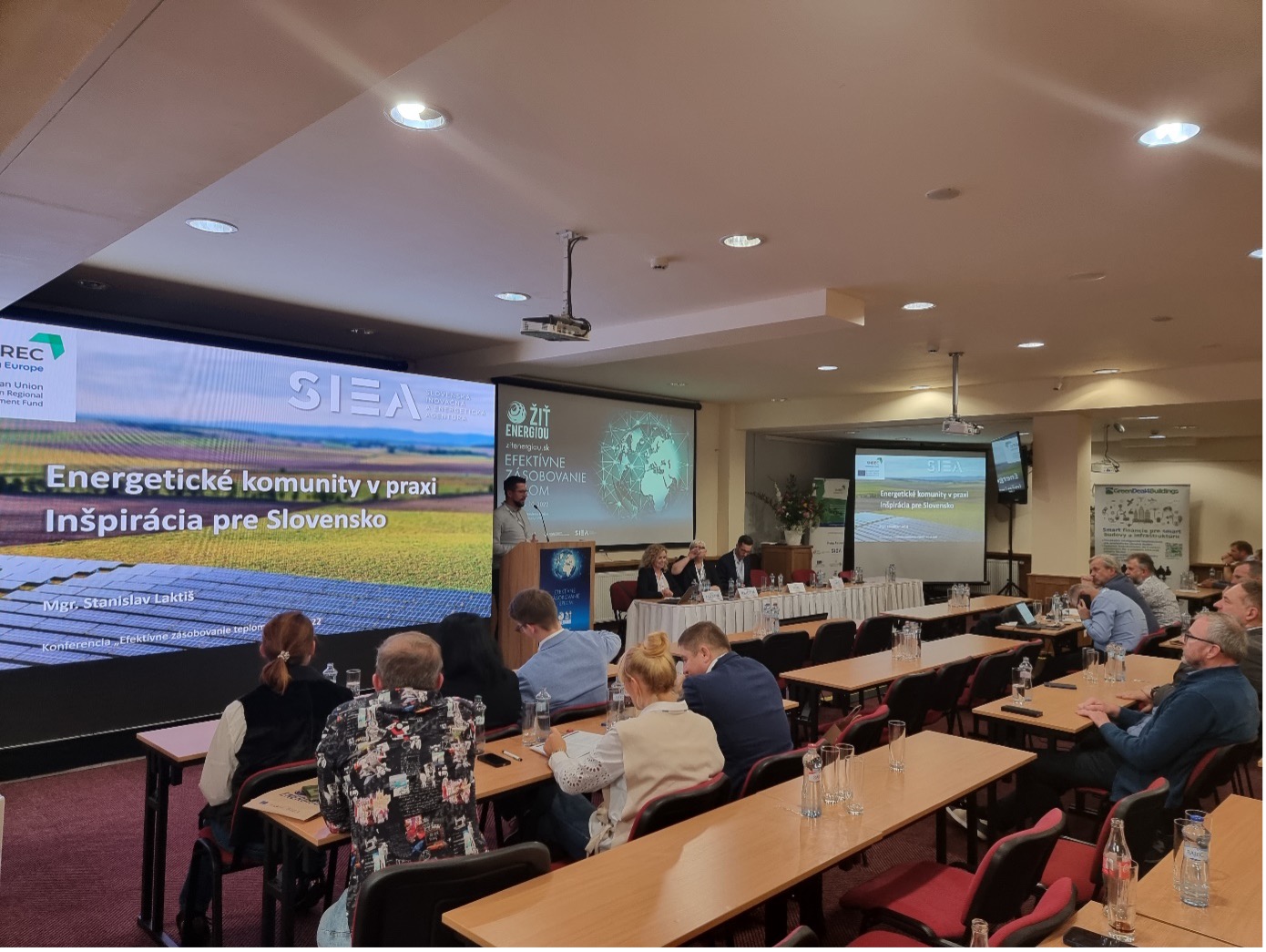On Tuesday the 22nd of June 2021 at 15:00 another local stakeholder meeting of SHREC took place online. It was organized by the Hanze University of Applied Sciences in Groningen.
During this meeting, we elaborated on the concept of 'Energy Community', how it is defined in Europe and implemented in the Dutch law, and what challenges an energy cooperative faces when it takes on the role of an aggregator.
Agenda
- 15:00-15:05 Welcome by Daisy G. Tempelman and introduction of new project leader Dzifa Gomashie
- 15:05-15:20 Brenda Harsveld: the energy community in the Netherlands and the role of the energy cooperative
- 15:20-15:35 Tineke v.d. Schoor: the role of aggregator and "Coöperatief in Balans"
- 15:35-16:30 Discussion
Summary
Brenda Harsveld director at the Groninger Energy Koepel talked about energy communities in the Netherlands. Energy communities are "organized citizens around an energy activity on the basis of open and democratic participation and governance, so that the activity can provide services (or other benefits) to the members of the community". An energy community can be on different geographical levels: a neighborhood, a group of villages, an island or a group of islands. She also talked about the value of energy communities and why they are and will be so important in the future. Some of the reasons given were:
- Generating sustainable energy with the community
- Creating social support for sustainable energy
- Giving citizens control over their environment
After Brenda Harsveld's presentation, Tineke v.d. Schoor also gave a presentation about the role of an aggregator and shared information about the "Coöperatief in Balans" project with the group.
She also explained what exactly an aggregator can do:
- Manage smart appliances or specific processes for companies or consumers
- Manage every supply units (upwards and downwards)
- Store electricity for later use
- The aggregator collects flexibility and sells this to grid operators
Both lecturers and researchers of Hanze University Groningen were present, but also various stakeholders from the region such as: Hogelandster Energie Co-operatie, Amelander Energie Co-operatie, Energie Co-operatie duurzaam Assen, but also someone from the New Energy Coalition. It was a very interesting and inspiring afternoon with great conversations about how different energy communities work together.
One of the conclusions of today’s meeting is that it is necessary for a successful implementation of the European definition of ‘energy communities’ it is wise to focus on system integration.
The stakeholder meeting was a great success with very useful input. This input and those from the next stakeholder meetings will be included in the final advisory report.
